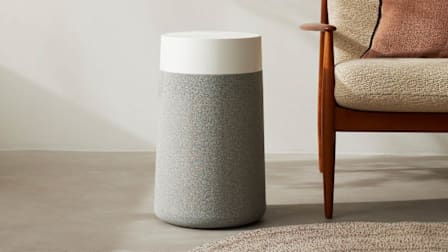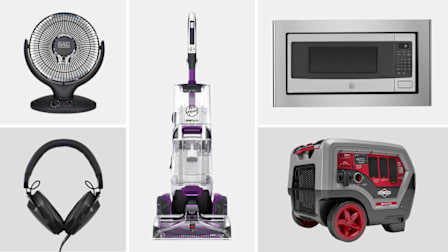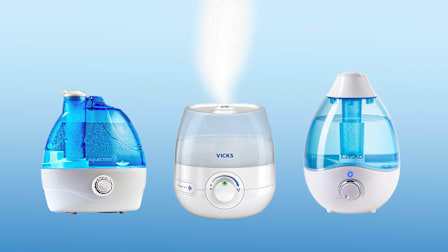Smarter: Should You Open Windows During Winter?

Do you open your windows during winter? In our Instagram poll, 60 percent of those who responded said they don’t, while 40 percent said they do.
This week, I’m weighing in on whether opening windows during the winter helps improve air quality. Also in this issue: Does the “natural” label on eggs mean the same thing as “organic,” and the best handheld vacuums from our tests.
THE BIG STORY
‘To Air Is Human’Back in the day, I was a window-cracker.
That’s because back in the day, I lived in an apartment where the heat would be cranked up so high that I felt like I was traveling between winter and high summer when I went from outdoors to indoors. To balance that, I left my windows open every day.
Now I live in an apartment that tends to run on the cooler side, so most of the time in the winter I have my windows shut. I do, however, miss the bracing feeling of a winter breeze, and I also wonder whether it’s better for my health for me to open my windows and let in the fresh air.
You’re reading Smarter, a newsletter that answers consumer questions with useful tips from our experts. Sign up to get Smarter in your inbox or check out more Smarter issues.
QUIZ
Yes or no: The “natural” label on eggs is the same as “organic.”
(The answer is at the end of the newsletter.)
THE GOOD STUFF
These are the best handheld vacuums from our tests to help you tackle the small messes on your floor and elsewhere.
You can also check out the best vacuum deals available right now.
THE PEOPLE HAVE SPOKEN

Photo Illustration: Lacey Browne/Consumer Reports, Getty Images Photo Illustration: Lacey Browne/Consumer Reports, Getty Images
One of the first things you might consider when buying a new phone is which brand to go with. But what are the most reliable phone brands (available to CR members)? Here’s our verdict, based on reliability and owner satisfaction data from CR’s annual smartphone surveys of our members.
Apple and Samsung both score high in predicted brand reliability in our smartphone ratings (available to CR members). The two brands also earn top marks in owner satisfaction ratings.
OnePlus also has a high reliability rating, though its owner satisfaction rating is only okay and not as high as it has been in previous years.
What about the least-reliable brands? Check out our findings (available to CR members).
QUIZ ANSWER
The answer is no, “natural” and “organic” labels on egg products don’t mean the same thing. Eggs are already a natural food product, so slapping “natural” on the packaging doesn’t mean anything, frankly.
But the “organic” seal means the eggs were laid by hens that were fed grains grown without synthetic pesticides or GMOs. It also means these birds can’t be raised in cages or given antibiotics.
What about other egg labels, such as “farm fresh,” “free range,” or “no hormones”? Which terms actually have real meaning and which are just marketing hype? Read more to understand the egg labels that actually matter.

"The answer, my friend, is blowin’ in the wind."
Thanks for reading Smarter! If you want more tips that will make you a little bit smarter, sign up to have the newsletter delivered straight to your inbox every week.




